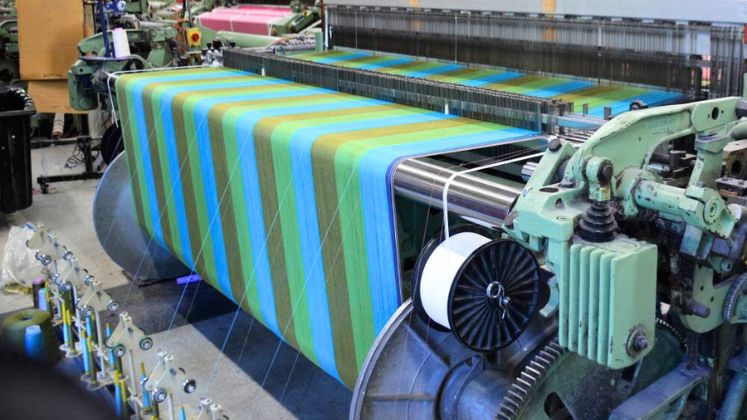
The initiative by Bangladesh’s SME Foundation to establish Common Facility Centres (CFCs) across small and medium enterprise (SME) clusters has hit a standstill, hampered by inadequate funding. These centres, envisioned as hubs equipped with modern machinery to upgrade production and quality, remain unestablished despite years of planning and initial success.
CFCs are centralised facilities housing high-end, capital-intensive machinery aimed at supporting SME entrepreneurs by providing affordable access to advanced technology. The primary goals include improving product quality, diversifying offerings, increasing production capacity, and fostering overall business development. Only the first CFC, which was opened in Rajshahi’s Kaluhati footwear cluster in 2023, is now in use. Since then, subsequent centres have been delayed due to funding constraints.
Mohammad Jahangir Hossain, General Manager of the SME Foundation, informed The Business Standard that establishing a CFC costs approximately Taka 1 crore (around US $ 90,000). “Despite the demand from various clusters, the lack of dedicated funds prevents us from setting up CFCs in all targeted areas,” he said. He emphasised the need for a specific budget allocation in the upcoming fiscal year and ongoing discussions with foreign partners to secure additional funding.
Anwar Hossain Chowdhury, Managing Director of the SME Foundation, noted that while the government allocates funds for the SME sector broadly, there is no dedicated budget for the Foundation itself. “We have urged the government to allocate specific funds to enable us to develop infrastructure like CFCs and support the sector’s growth,” he said.
The Foundation has identified 100 clusters appropriate for CFC establishment, with 43 selected for early development. Once funding is secured, the organisation is ready to commence work swiftly. Planned sectors include leather, light engineering, handloom, hosiery, fashion and home textiles, nakshi kantha (embroidered quilts), furniture, wood and cane, pottery, jewelry, electrical and electronics, agar-attar, and dried fish.
Bangladesh’s SME sector employs approximately 20 lakh workers across around 70,000 enterprises, generating an annual turnover of about Taka 30,000 crore. With a sizable number of micro, small, and medium-sized businesses, these clusters are primarily found in the divisions of Dhaka, Rajshahi, Chattogram, and Khulna.
Industry experts and stakeholders stress that establishing CFCs is crucial to overcoming current challenges faced by entrepreneurs, such as lack of access to modern machinery and technology.
“CFCs will provide entrepreneurs with modern machinery to improve product quality and increase efficiency,” she said, emphasising the importance of government support. She also pointed out that public-private partnerships are essential, citing India’s success in scaling up CFC initiatives through collaborative efforts.
Fahmida Khatun, Executive Director of the Centre for Policy Dialogue, echoed this sentiment, urging the government to prioritise funding for CFCs. “The investment required is modest compared to the huge returns in employment, productivity, and GDP growth,” she remarked.






